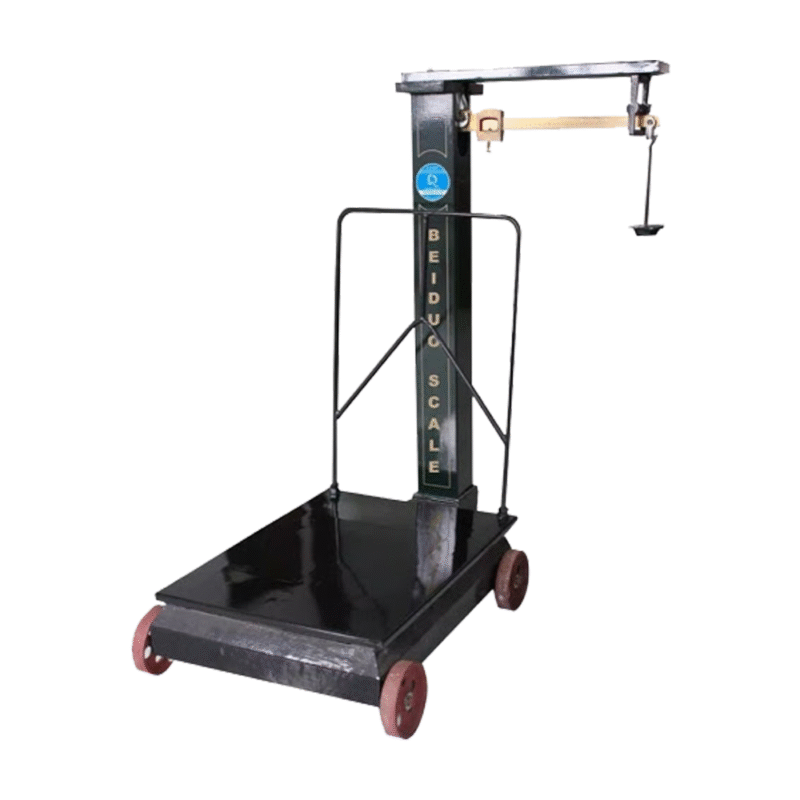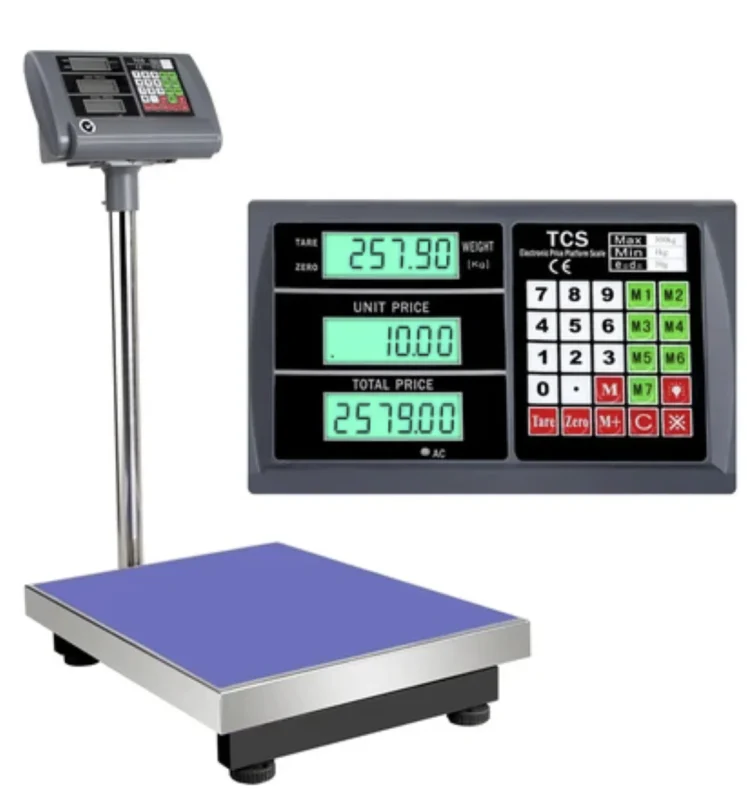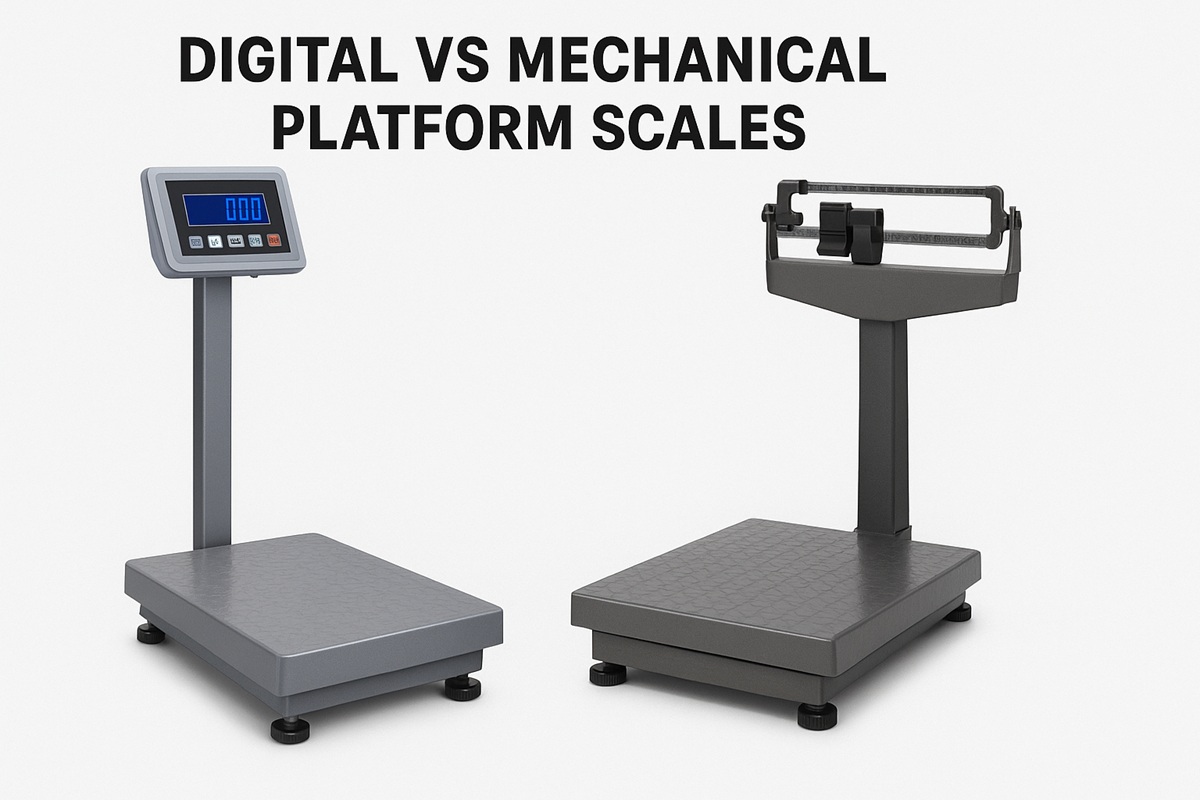When it comes to industrial weighing solutions in Kenya, platform scales are among the most widely used tools across warehouses, factories, farms, and retail outlets. They offer a sturdy platform for weighing goods, crates, and even machinery. But as you shop for the right equipment, you’ll quickly discover two main options: digital platform scales and mechanical platform scales.
So, which one is the best fit for your business in Nairobi or anywhere else in Kenya? Let’s break down the differences, advantages, and drawbacks of each.
What is a Mechanical Platform Scale?
A mechanical platform scale relies on springs, levers, and counterweights to display weight. It does not require electricity or batteries, making it a dependable option in areas where power supply may be unreliable.
Key features:
-
Rugged construction, often made of steel
-
No power source needed
-
Manual reading from a dial or beam
Advantages:
-
Very durable and long-lasting
-
Works in outdoor or remote environments
-
Low maintenance and cost-effective
Limitations:
-
Less precise compared to digital scales
-
Manual reading may lead to human error
-
Limited functionality (no data storage or connectivity)

What is a Digital Platform Scale?
A digital platform scale uses electronic load cells and displays weight readings on a digital screen. These are modern, versatile, and widely used in industries that require accuracy and efficiency.
Key features:
-
High-precision load cells
-
LCD/LED digital display
-
Often include features like tare function, unit conversion, and memory storage
Advantages:
-
Highly accurate and reliable readings
-
Easy-to-read digital display
-
Can integrate with POS systems, printers, and computers
-
Useful for businesses that require reporting or record-keeping
Limitations:
-
Requires electricity or rechargeable batteries
-
Slightly higher upfront cost than mechanical scales
-
Sensitive to harsh environments without proper protection

Digital vs Mechanical Platform Scales: A Side-by-Side Comparison
| Feature | Mechanical Platform Scale | Digital Platform Scale |
|---|---|---|
| Accuracy | Moderate | Very high |
| Power Requirement | None | Electricity or battery needed |
| Ease of Use | Manual reading, prone to error | Simple, clear digital display |
| Durability | Extremely rugged | Durable, but sensitive to overload/moisture |
| Cost | Affordable upfront | Higher initial cost, but offers advanced features |
| Best For | Outdoor, farms, areas with no electricity | Warehouses, retail, factories, modern businesses |
Which Platform Scale is Best for Your Business in Kenya?
The answer depends on your business needs:
-
If you run a farm, open-air market, or remote site where power is unreliable, a mechanical platform scale may be the smarter choice. It’s affordable, easy to maintain, and tough enough for harsh conditions.
-
If you operate a warehouse, retail shop, or manufacturing plant in Nairobi or other towns, a digital platform scale offers greater efficiency. The accuracy, ease of use, and ability to integrate with POS or data systems make it ideal for modern businesses.
Final Thoughts
Both digital and mechanical platform scales have their place in Kenya’s market. Mechanical scales provide simplicity and durability, while digital scales deliver precision and modern functionality.
At Renson Engineering & Supplies in Nairobi, we stock a wide range of platform scales—from robust mechanical models to advanced digital solutions—ensuring you find the perfect fit for your business. We also provide installation, calibration, and maintenance services across Kenya.
Looking for the right platform scale for your operations?
Contact us today for expert guidance and competitive prices.


